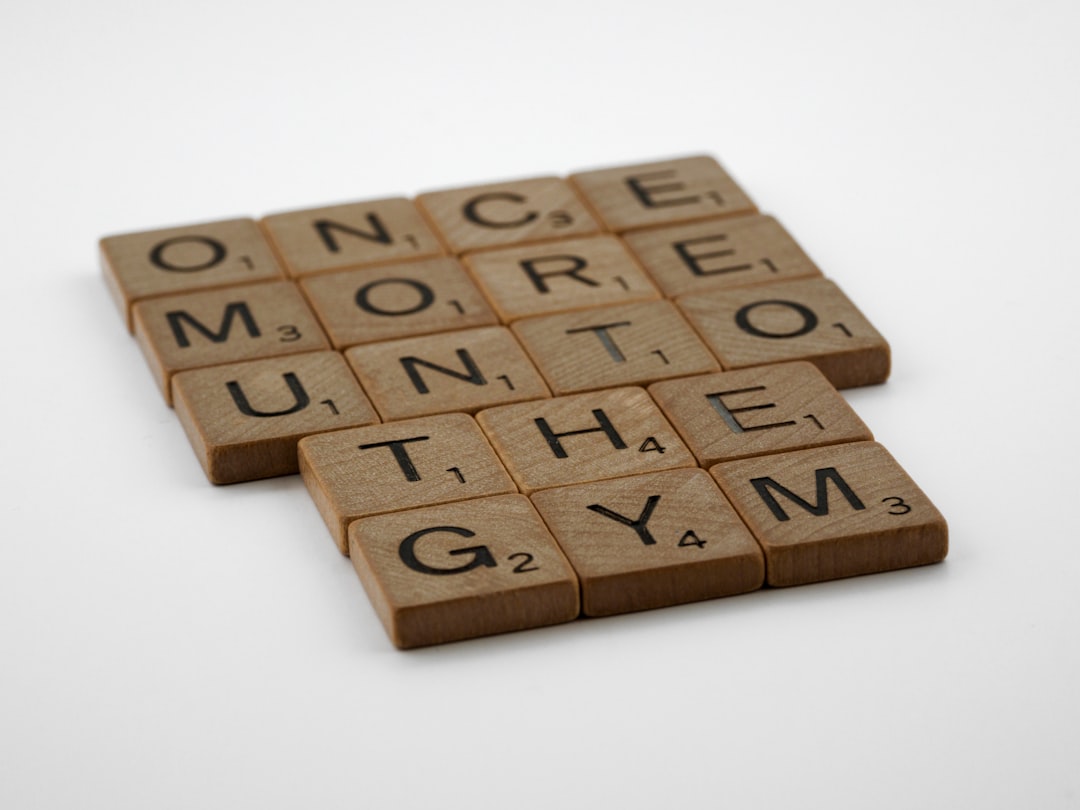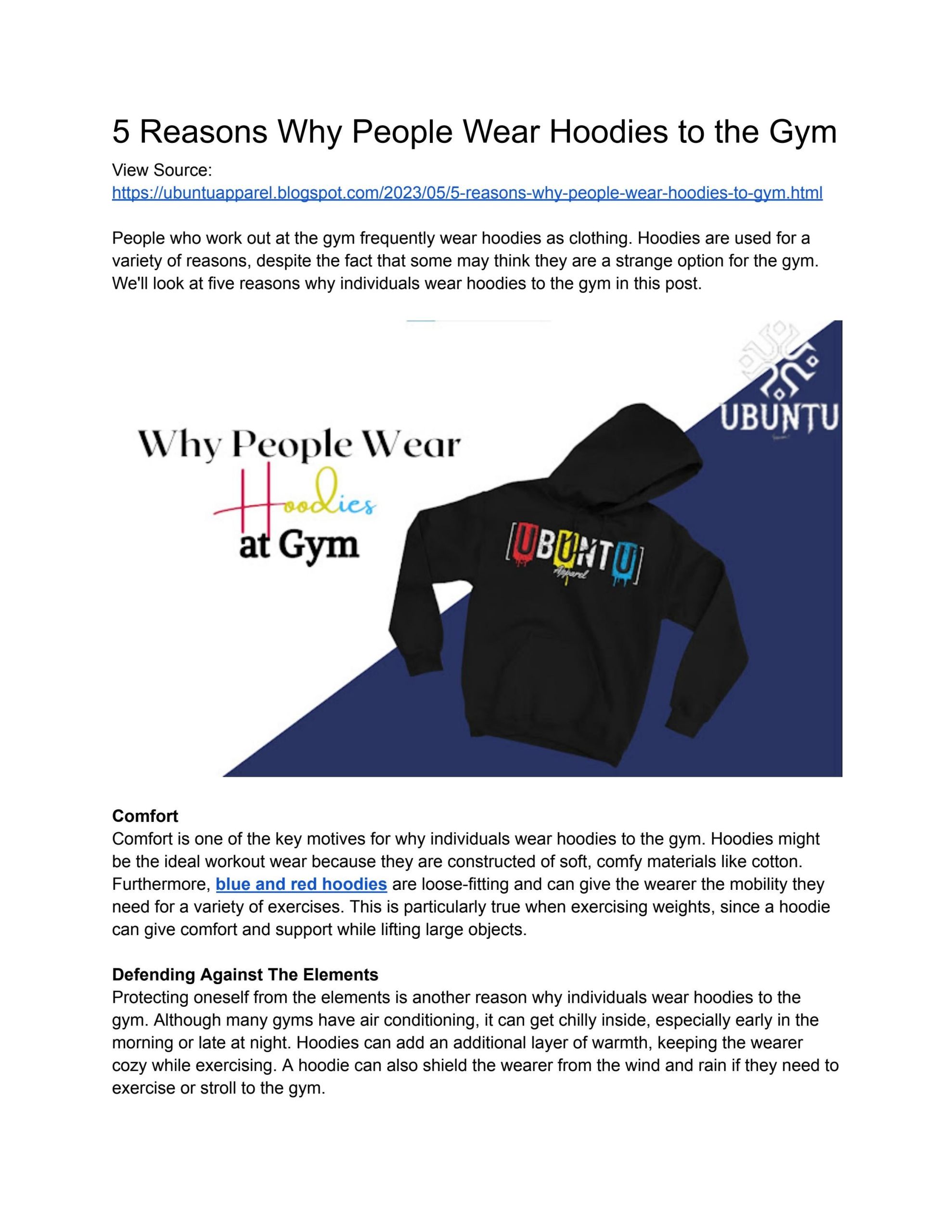Are you finding it hard to keep your work and personal life in harmony? When your job takes up most of your time and energy, your health can start to suffer without you even noticing.
But what if small changes could help you feel better, more focused, and happier every day? This article will share simple, effective health tips designed just for you. By the end, you’ll have practical tools to balance your busy life while boosting your well-being.
Keep reading—you deserve to feel your best both at work and at home.

Credit: www.instagram.com
Prioritizing Physical Health
Maintaining a healthy body supports a balanced work and personal life. Physical health strengthens energy and focus for daily tasks. It also reduces stress and improves mood. Prioritizing physical health helps create a strong foundation for managing responsibilities.
Regular Exercise Routines
Exercise boosts energy and clears the mind. Simple activities like walking or stretching work well. Consistency matters more than intensity. Aim for 30 minutes most days. Exercise improves sleep and reduces anxiety too.
Balanced Nutrition Tips
Healthy eating fuels the body and brain. Choose whole foods like fruits, vegetables, and grains. Avoid too much sugar and processed foods. Drink plenty of water throughout the day. Balanced meals support steady energy levels.
Adequate Sleep Importance
Sleep restores the body and sharpens focus. Adults need 7 to 9 hours each night. Create a calm bedtime routine. Avoid screens and heavy meals before sleep. Good sleep helps handle stress better and boosts productivity.
Mental Well-being Strategies
Maintaining your mental well-being is essential for achieving a healthy work-life balance. It helps you stay focused, manage stress, and enjoy your personal time without feeling overwhelmed. The right strategies can make a noticeable difference in how you handle daily challenges.
Mindfulness Practices
Mindfulness helps you stay present and fully engaged in the moment. Simple actions like deep breathing or paying attention to your surroundings can reduce anxiety quickly. I once started taking five minutes each morning to focus on my breath, which improved my mood and concentration throughout the day.
You can try:
- Guided meditation apps for a few minutes daily
- Mindful walking by noticing each step and breath
- Journaling to capture thoughts without judgment
Stress Management Techniques
Stress can sneak up on you, affecting both your work and personal life. Recognizing your stress triggers is the first step to managing them effectively. I found that scheduling short breaks and setting clear boundaries helped me prevent burnout.
Try these techniques:
- Practice progressive muscle relaxation to ease tension
- Use time-blocking to separate work tasks and personal time
- Engage in physical activity, even a 10-minute stretch can help
Seeking Professional Help
Sometimes, managing mental well-being requires support beyond self-help strategies. Reaching out to a counselor or therapist can provide tools tailored to your needs. Don’t hesitate to ask yourself, “Am I ready to talk to someone who can guide me through this?”
Professional help can offer:
- Personalized coping strategies for stress and anxiety
- Support in understanding and changing unhelpful thought patterns
- A confidential space to express yourself without judgment
Effective Time Management
Effective time management is key to maintaining a healthy work-life balance. When you manage your time well, stress decreases and productivity rises. This allows you to enjoy your personal life without feeling overwhelmed by work demands.
Setting Boundaries
Clear boundaries between work and personal time help you stay focused and prevent burnout. Communicate your working hours to colleagues and family so they respect your schedule. Turning off work notifications after hours can protect your downtime and improve your mental health.
Have you ever noticed how a simple “do not disturb” mode can instantly create space for relaxation? Setting boundaries is about more than just saying no—it’s about preserving your energy for what matters most.
Task Prioritization Methods
Not all tasks carry the same weight. Use prioritization techniques like the Eisenhower Matrix to separate urgent tasks from important ones. This helps you focus on what truly moves your goals forward instead of just reacting to everything at once.
- List all tasks for the day.
- Mark each as urgent/important, urgent/not important, not urgent/important, or not urgent/not important.
- Focus first on tasks that are both urgent and important.
When I started using this method, I stopped wasting time on low-impact work and felt more in control. What tasks are filling your day but not helping your progress?
Utilizing Productivity Tools
Technology can be a powerful ally in managing your time. Tools like digital calendars, task managers, and time trackers keep you organized and accountable. Apps such as Trello, Todoist, or Google Calendar help break down your day into manageable chunks.
For instance, blocking specific time slots for focused work and breaks enhances concentration and energy levels. Have you tried setting reminders to prevent task overload? These small habits can turn chaos into clarity.

Credit: www.facebook.com
Building Supportive Relationships
Building supportive relationships plays a crucial role in maintaining your work-life balance. These connections provide emotional strength, practical help, and a sense of belonging that reduces stress. When you nurture these relationships, you create a safety net that helps you manage challenges both at work and in your personal life.
Communicating Needs
Being clear about your needs with friends, family, and colleagues can prevent misunderstandings and frustration. Tell others what you require to feel supported, whether it’s space, time, or help with tasks. When I started openly sharing my workload challenges with my team, it led to better collaboration and less burnout.
Ask yourself: Are you honest about your limits with those around you? If not, starting that conversation could change how others support you.
Spending Quality Time
Quality matters more than quantity when it comes to time with loved ones. Engage in activities that foster connection, like shared meals or brief walks, rather than just being physically present. I noticed that even short, focused moments with my family made me feel recharged and more balanced.
Think about your current routine—are you truly connecting during your downtime, or just going through the motions?
Networking Benefits
Building professional relationships outside your immediate team can offer fresh perspectives and new resources. Networking isn’t just about career growth; it can provide emotional support and advice that lighten your workload. For example, a casual chat at a conference once gave me a simple tool that saved hours of work each week.
Consider reaching out to someone new this week. How might their experience help you handle your work-life challenges better?
Creating A Healthy Work Environment
Creating a healthy work environment plays a key role in maintaining work-life balance. It helps reduce stress and boosts overall well-being. A good environment supports focus and comfort. It encourages positive habits that improve health and productivity.
Ergonomic Workplace Setup
An ergonomic workspace prevents pain and injuries. Use chairs with good back support. Keep your feet flat on the floor or on a footrest. Position your computer screen at eye level to avoid neck strain. Arrange your keyboard and mouse so your wrists stay straight. Proper lighting reduces eye strain and headaches.
Encouraging Breaks
Short breaks improve focus and reduce fatigue. Stand up and stretch every hour. Walk around for a few minutes to boost circulation. Use break time to relax your eyes by looking away from screens. Drinking water during breaks keeps you hydrated and alert. Taking regular breaks helps maintain energy throughout the day.
Promoting Positive Culture
A positive work culture supports mental health. Encourage open communication and teamwork. Recognize efforts and celebrate small wins. Foster respect and kindness among colleagues. Create spaces for relaxation and social interaction. Positive culture reduces stress and makes work more enjoyable.

Credit: www.instagram.com
Incorporating Leisure Activities
Adding leisure activities into your daily routine plays a key role in maintaining a healthy work-life balance. These activities give your mind and body a chance to recharge, which can boost your overall well-being. Finding time for fun and relaxation helps prevent burnout and keeps you motivated.
Pursuing Hobbies
What hobbies bring you joy? Whether it’s painting, gardening, or playing a musical instrument, hobbies provide a creative outlet and a break from work demands.
Make a list of activities you’ve enjoyed in the past or have always wanted to try. Even spending 30 minutes a few times a week can improve your mood and reduce stress.
Scheduling Downtime
Do you block out time for rest as strictly as you do for meetings? Setting aside specific periods for downtime ensures you prioritize yourself amid busy schedules.
Try adding “me-time” appointments on your calendar. This could be a walk, reading a book, or simply sitting quietly without distractions. Treat these moments as essential tasks rather than optional extras.
Exploring New Interests
Are you open to discovering new activities that might surprise you? Trying something outside your usual routine can refresh your perspective and spark excitement.
Look for local workshops, online classes, or community groups where you can learn skills like cooking, dancing, or photography. New interests not only enrich your life but also expand your social circle.
Frequently Asked Questions
What Are Simple Health Tips For Work-life Balance?
Prioritize sleep, eat nutritious meals, and exercise regularly. Set boundaries between work and personal time to reduce stress. Practice mindfulness to stay focused and relaxed throughout the day.
How Can Exercise Improve Work-life Balance?
Exercise boosts energy, reduces stress, and enhances mood. It helps clear your mind and improves focus. Regular physical activity supports both mental and physical well-being, aiding balance.
Why Is Managing Stress Important For Work-life Balance?
Stress affects health, productivity, and relationships. Managing stress improves mental clarity and emotional stability. Techniques like deep breathing and breaks help maintain a healthy work-life balance.
How Does Nutrition Affect Work-life Balance?
Balanced nutrition fuels your body and brain. Healthy eating enhances energy, focus, and mood. Avoid excessive caffeine and sugar to maintain steady energy throughout work and personal activities.
Conclusion
Balancing work and life supports your health and happiness. Small, daily habits make a big difference. Take breaks often to refresh your mind and body. Eat healthy foods and stay active to boost energy. Set clear boundaries to protect your personal time.
Sleep well to improve focus and mood. Remember, a balanced life feels better every day. Choose simple steps that fit your routine. Keep trying, and you will see positive changes. Your health matters most in work and life balance.




